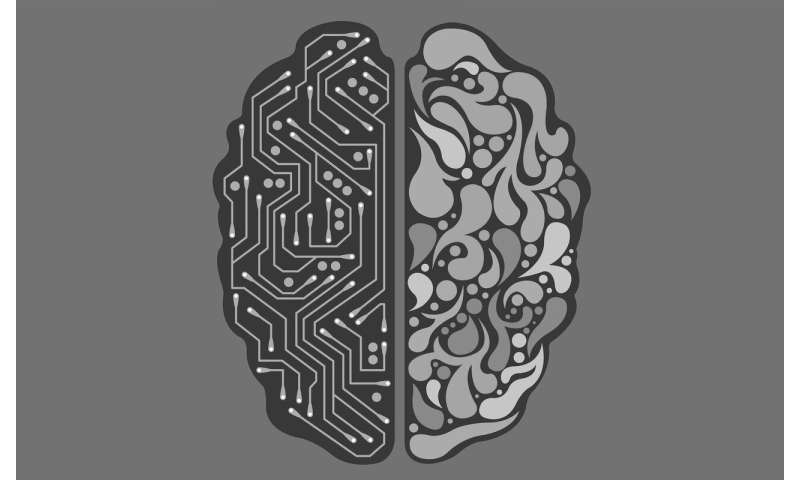
New research on brain tumors could improve patient diagnosis and treatment options as part of a precision medicine approach. Brain tumors are the leading cause of cancer deaths in children and adults under the age of 40, with 16,000 people in the UK diagnosed with a brain tumor each year.
The study led by the Brain Tumor Research Centre at the University of Bristol in collaboration with the Cancer Research and Cell Biology (CCRCB) at Queen’s University Belfast investigated the genetics of brain tumors. The research is published in the Journal of Oncology.
The DNA was extracted from the Brain tumors of 41 patients and presence of changes or mutations in the DNA were characterized. Results were described for different types of tumors before and after treatment.
The research outlines the mutations that are particular to different tumor types. This information is important to enable precision medicine, where a patient would receive therapies tailored to the specific DNA mutations in their tumor.
One of the challenges with brain cancer is getting drugs into the tumor beyond the blood-brain barrier. The new study also lists licensed drugs that are already available that could be used as combination therapies to target specific mutations in the future. These drugs can be taken orally and should be better tolerated with less side effects. To ensure patient safety, any new combination therapies would first need to be tested in clinical trials before they would become available to patients.
These findings could pave the way for developing new targeted treatments that are more effective. The research also followed the mutations that develop during brain cancer, which could identify new therapy options to be given as the cancer progresses and help to extend patient survival.
Dr. Kathreena Kurian, Associate Professor in Brain tumor Research at the University of Bristol, who led the research, said: “New treatments are urgently needed for this incurable and devastating disease. This approach should improve patient outcomes and save on prescribing medicines to patients that won’t benefit from them, thereby reducing patient exposure to toxic chemicals from chemotherapy, as well as saving the NHS money.”
Diagnoses and deaths from brain tumors are increasing (Office for National Statistics, 2019). Despite traditional chemotherapy and radiotherapy treatment, the five-year survival rate for brain cancer patients is 20 percent, compared with 50 percent as an average for all cancers. Some patients who receive chemotherapy, which can have severe side-effects in some patients, do not respond to treatment and other patients respond initially but unfortunately in most cases the cancer grows back.
Source: Read Full Article
